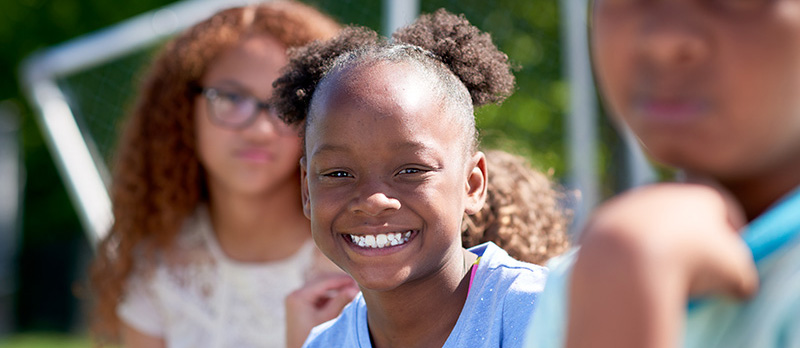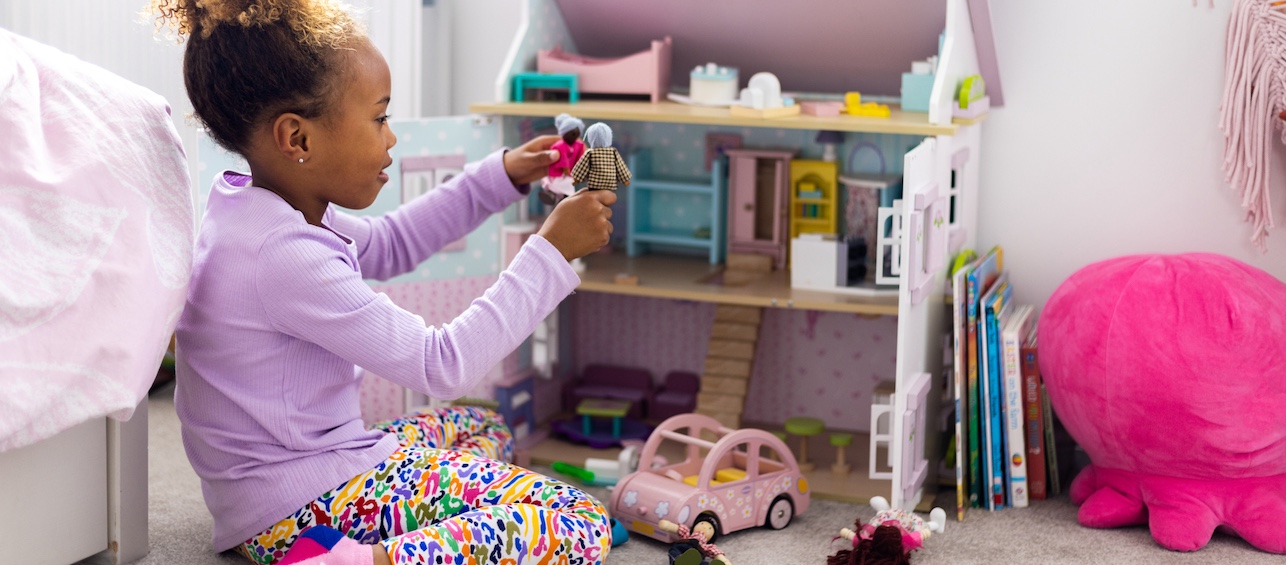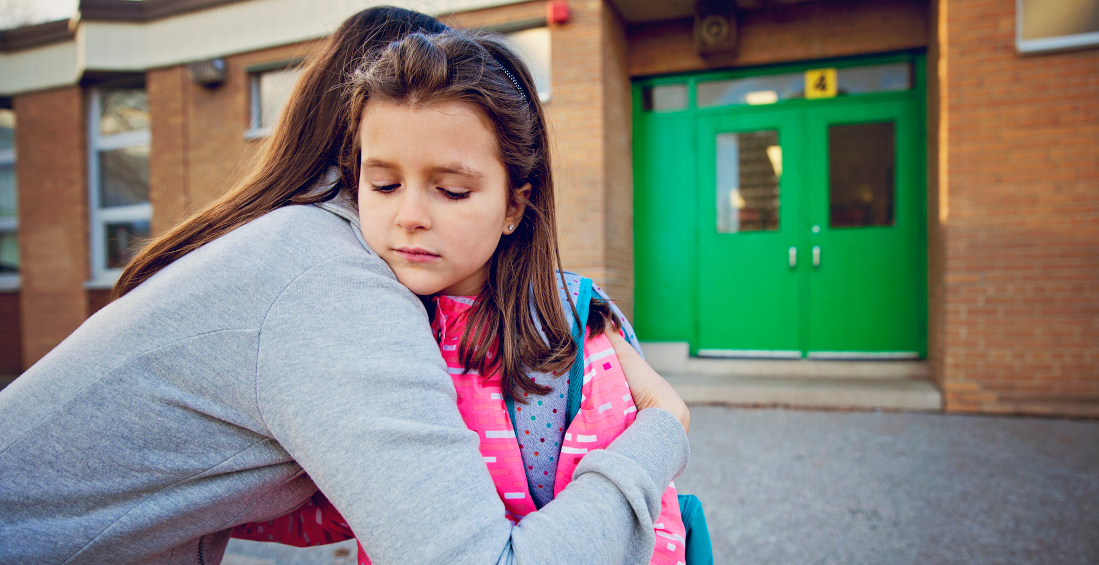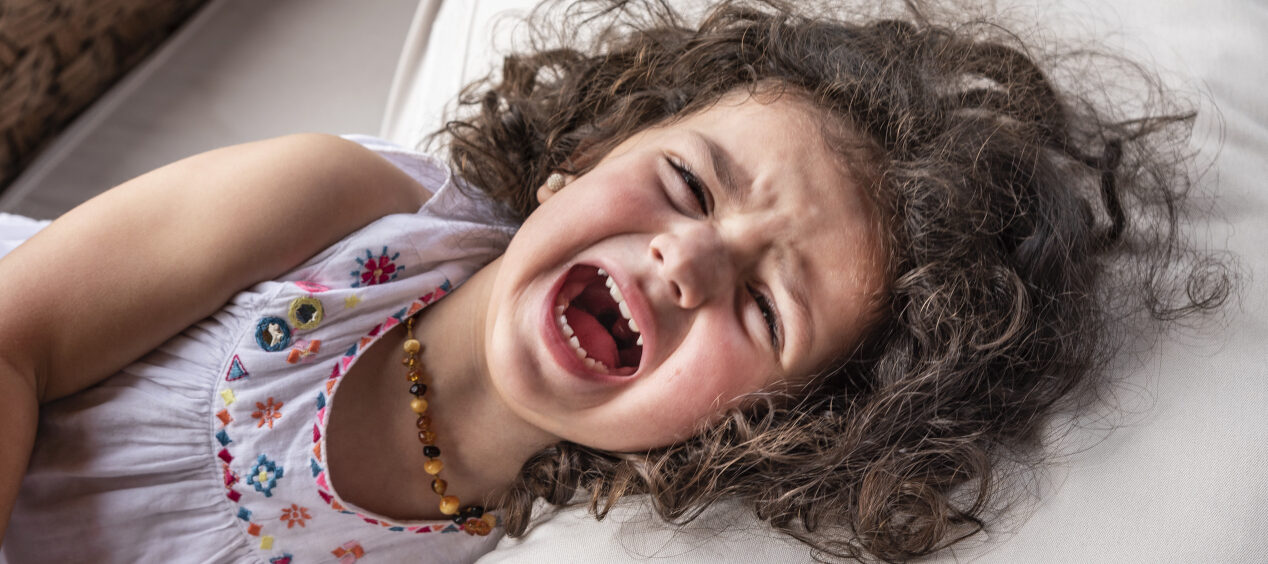Praising kids comes easily for most parents. We want them to feel good about themselves and what they’re doing, so we tell them they’ve done a great job. The only issue with this is that we haven’t told them what they did well. If we want them to truly get better at something, or to change their behaviors, we have to get specific. We need to consider the 4 Ws – or the why, who, what and when – of positive praise.
WHY WE PRAISE
First, let’s talk about why we praise in the first place. Praise is motivating. It has a more powerful impact on kids than being yelled at or told to “stop.” Praising the right way can actually change behaviors faster than punishing.
For instance, if you’d like for your toddler to do a better job of keeping his hands to himself, focus your praise on that. “Wow, I really like how you’re keeping your hands to yourself in the car.” Or if you’d like for your elementary-aged child to stay more focused on her homework, say, “You are super focused on your homework right now. I’m impressed.”
WHO TO PRAISE
Second, let’s identify the kids who need it the most. While all kids benefit from positive praise, it’s the kids who don’t hear it enough that need it the most. Such as, the kids who have the most behaviors to work on or have the hardest time paying attention. They probably receive more corrections than the ones who behave well. So it’s important to help balance those corrections out with positive praise.
WHAT TO SAY, SPECIFICALLY
Third, in order to change behavior, what we say has to be specific. It’s not just saying “good job,” it’s specifically calling out what they did well. If you want your kids to be more compliant, say something like, “Thank you for listening the first time.” Or, “I know you’re going to remember what I say because I you’re looking at me in the eyes while I’m talking.”
Kids tend to tune us out after hearing the same thing repeatedly, so I recommend mixing up your praise. Try throwing in new words like fantastic. Fabulous. Super. Even if the little ones don’t know what the words mean, they’ll appreciate your tone and excitement.
It’s also important to note that in general, we should steer clear of praising our kids’ intrinsic characteristics. For instance, if your child does well in a swimming event, avoid saying, “That was perfect. You are the best swimmer on the team.” Rather, say, “You are really improving! I can tell you have been practicing.” Praise their effort, not their qualities. If they think they’re already perfect, they won’t be motivated to try harder.
That said, there is absolutely no harm in personal praises that go above and beyond behavior shaping. Saying things like, “You’re such a good kid.” Or, “I enjoyed spending time with you today” may not improve a certain behavior, but will strengthen your bond with your kids further.
WHEN TO SAY IT
Fourth, when you catch your kids doing the behavior you want them to do, you have to praise them immediately, and every single time you see them doing it. When the behavior is happening more consistently, you can back off to more random praise — in other words, “catch them being good.” This is how good behaviors are shaped the fastest. Parents often ask me how many times a day they should be praising. While there isn’t a magic number, I recommend praising that one behavior you want to change at least five times a day. This is in addition to all of the other praise you are already doing. The bottom line is that we need MORE praise throughout the day, but it needs to be positive, specific, and focused on those good behaviors we want to see increased.
Learning the four Ws of positive praise can help you to shape the behaviors you want out of your kids. The bonus of positive praise is that not only does it change behaviors, it can positively impact your relationships with your kids. Imagine the shift that can happen when there is more positivity than negativity!
If you are concerned about your child’s behavior, or if it is affecting your family’s functioning, talk to his doctor about it. He or she may recommend a referral to a child psychologist.
To learn more about Behavioral Medicine and Clinical Psychology at Cincinnati Children’s, please call 513-636-4336 or visit our website.






Dr Smolyansky
What a positive read…it reinforces the practices that empower us to change the outcome – even in a brief encounter with our patients. In addition you have provided us with excellent succinct talking points to share with our families.
Thank you for sharing
Lisa